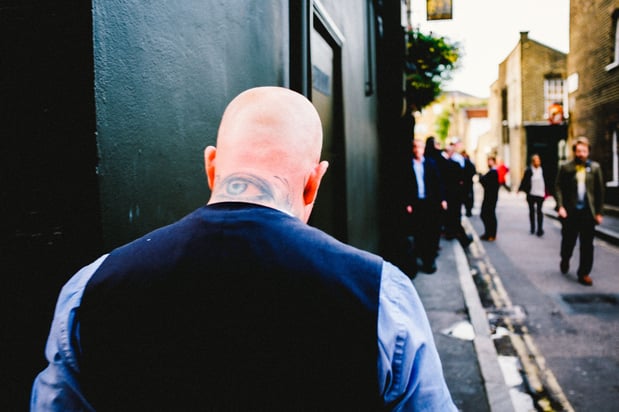It’s a saying many hear repeated in spiritually-based or Twelve-Step recovery: “Let go and let God.” Its origin is not necessarily a religious one, but it’s certainly a spiritual one. That said, the latter term can be (and often is) replaced with “Higher Power” or “Higher Self” to accommodate those who prefer either a non-denominational, non-religious-specific, or completely non-religious recovery process.
For the record, the meaning behind the phrase applies to the spiritual aspect of a person, which is a large component of holistic recovery. Though it may strike a chord with those who are victims of religious abuse or who subscribe to atheism, it is really intended to speak to the process of accepting that some things are simply out of our control. Moreover, in recovery, we must learn to let go of the wheel—the mechanism of control—and stop fighting that which or whom is obviously in charge, whether that force is seen as the Universe, the Higher Self, a Higher Power or simply the laws of physics.
Of course, it’s not only those in recovery for addiction who struggle to let go. Individuals with codependency and issues resulting from being an adult child of an addict find this especially challenging as well. In fact, holding on and attempting to control is an accurate summation of the experience of codependency.
The everyday life battles of trying to control the outcome of anything is a common experience in the family dynamics of addiction, regardless of the role that’s played. Active addicts attempt to control their anxiety, depression, grief, pain, etc. through the use of substances and process addictions. Codependents—the enablers—constantly make efforts to control the addicts and others who are seemingly dysfunctional and therefore negatively impacting them. ACoAs tend to seek control via the behaviors associated with the dysfunctional roles they acquire in their family: hero, mascot, lost child and/or scapegoat.
Regardless of the label, those in recovery must learn to accept that there are things we cannot change. As the Serenity Prayer—another staple in the soul food diet that is recovery—states:
“God, grant me the serenity to accept the things I cannot change, the courage to change the things I can and the wisdom to know the difference.”
In other words, we must try to be at peace with letting go of what is out of our control, which is someone else’s actions and/or other external factors. We must also have the courage to change that which is in our control, which is ourselves and/or internal factors. In the process, we will acquire the wisdom to quickly spot the difference through our efforts to heal and enlighten ourselves.
Remember to breathe and know that all you can do at this point is love yourself back to health. If you’re currently grappling with addiction, here’s our list of treatment centers to help get you started. You may also call us at 866-606-0182 and we’ll let you know where you can get help in your area.
Once you start the process of healing, you’ll learn to trust yourself and your ability to be “OK” regardless of what life throws your way. And when you trust yourself, the need to grip to something or someone else dissipates and you’ll finally be able to let go.








